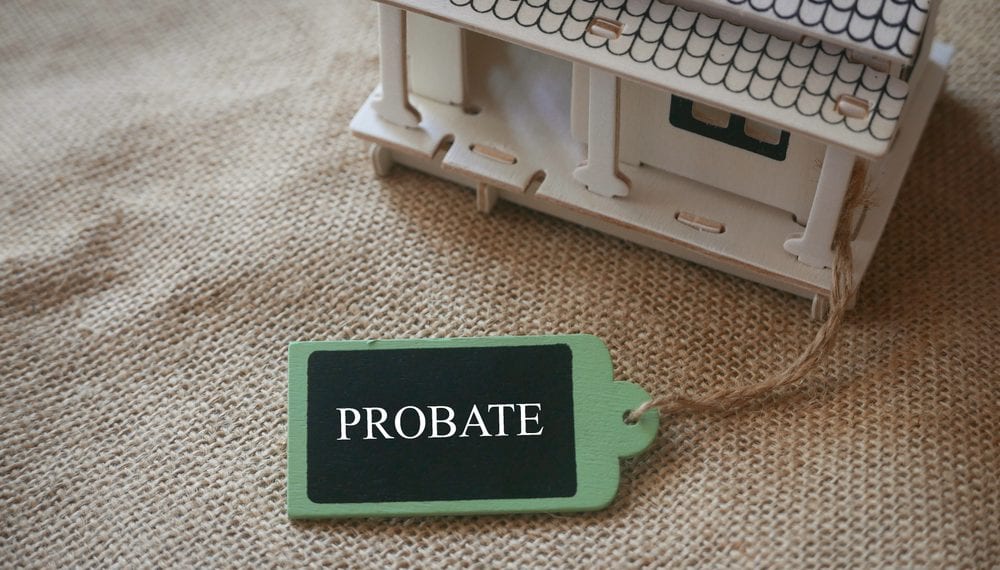How much do cash home buyers pay?
At first glance…
It’s a good query, and an important one at that. You need to know whether it’s worth it, whether the quick and easy process is worth receiving a little less for your property than you would at market value.
Our cash home buying process contains three steps, it’s never been easier to move.
Currently, cash home buyers, including us, offer 80%-85% of your home’s worth on the market. So for the average UK house price of just under £250,000, you would receive an estimated maximum of £212,500. Be cautious of other companies offering higher rates as this statistic is standard practise within the industry.
Still thinking?
Whilst you might be slightly apprehensive about losing a fifth of the value of your home, there are other things to consider and debate. We offer a completely free service, meaning you don’t have to pay estate agent fees, often 1%-3% of the final value. You also have to take into account solicitor fees, whose average cost is estimated at £2,780. There are no solicitors fees involved by using a cash home buyer.
Wanting to sell your house at auction?
For the average house price, you would have to pay £4,713 (not including VAT), and most auctioneers charge a 2% commission of the final sale price. As well as this you may also have to pay an entry fee, only paid if the property sells. The percentages start to add up, and keeping track of it all is more hassle than it’s worth. With cash house buyers, these steps are thrown completely out of the window.
Save money with us
There are many other costs associated with selling your property, ones you might not be willing to pay for. There are also an abundance of people you’ll have to deal with when selling a house on the market, with no guarantee your house will actually be bought. If the house selling chain is broken, then you’re back to square one. It’s not only risky, but also a time-consuming and exhausting endeavor.
Making it a Stress-free proecss
When you are selling a house using the market or by auction rather than a cash home buyer, it is not a simple procedure. There’s a reason why moving house is said to be one of the most stressful life experiences. When taking into consideration the simplicity of using cash home buyers, the reduction of value doesn’t seem that daunting.
It’s similar to dining at an expensive restaurant. You’re not just paying for the food, you’re also paying towards the experience. With cash home buyers, it’s not just a lowered home value, it’s money towards a simpler and painless experience. We are dedicated to making life easier for people all across the UK.
Talk to Us
To know more about the cash buying process and how to get a house evaluation, visit us here.
If you’re unsure about anything, or you just want to know more, contact us via our enquiry form or via telephone.




